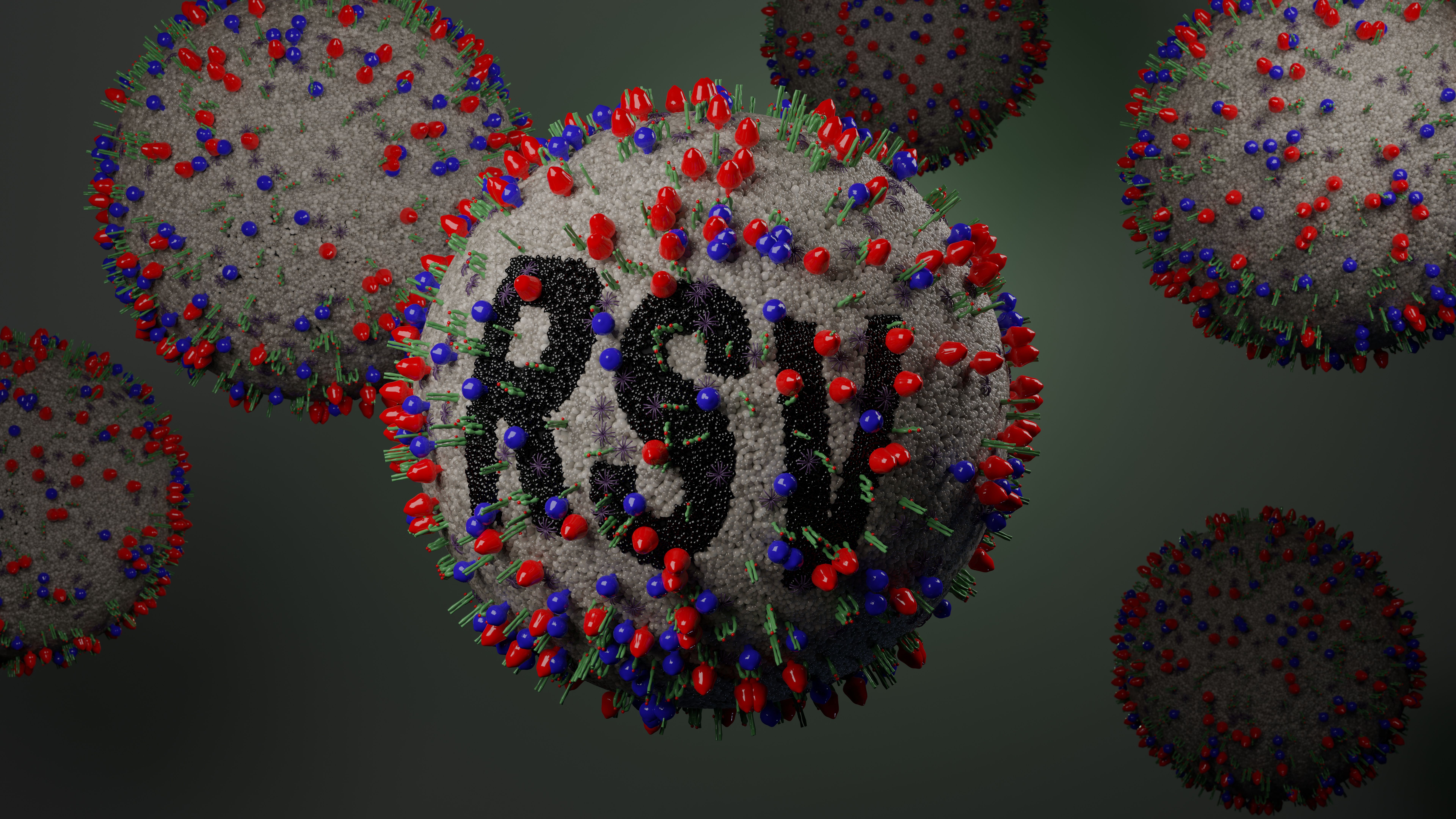Nirsevimab recommended by FDA Advisory Committee to prevent RSV in infants
In unanimous fashion, the FDA AMDAC voted 21 to 0 that nirsevimab has a favorable benefit risk profile for the prevention of RSV lower respiratory tract disease (LRTD) in newborns and infants during their first RSV season.
Nirsevimab recommended by FDA Advisory Committee to prevent RSV in infants | Image Credit: © Peter Hansen - © Peter Hansen - stock.adobe.com.

The FDA Antimicrobial Drugs Advisory Committee (AMDAC) recently voted in support of nirsevimab (Beyfortus; Sanofi and AstraZeneca), a single dose, long-acting antibody designed to protect infants born during or entering their first respiratory syncytial virus (RSV) season, according to a press release from AstraZeneca.
In unanimous fashion, the AMDAC voted 21 to 0 that nirsevimab has a favorable benefit risk profile for the prevention of RSV lower respiratory tract disease (LRTD) in newborns and infants during their first RSV season. Nirsevimab is also designed to protect children up to 24 months old that remain vulnerable to severe RSV disease through their second RSV season. The AMDAC voted 19 to 2 in support of nirsevimab’s favorable benefit risk profile for this patient group.
If approved by the FDA in the third quarter of 2023, per the Prescription Drug User Fee Act date (PDUFA), nirsevimab will be available in the United States ahead of the next RSV season, making it the first preventative option designed to protect the broad infant population in its first RSV season, according to AstraZeneca. Two out of 3 infants are infected with RSV during their first year of life and “almost all infants are infected by their second birthday,” the press release states. RSV is the leading cause of hospitalizations in infants under 12 months of age.
“RSV remains the most common cause of bronchiolitis and pneumonia in infants, and the inability to predict which infants will develop severe RSV disease leads to uncertainty for new parents and for physicians,” said William Muller, MD, PhD, associate professor, pediatrics, Northwestern University, Feinberg School of Medicine, scientific director, Clinical and Community Trials, Ann & Robert H. Lurie Children’s Hospital of Chicago. “The innovation of nirsevimab as a long-acting antibody that can be conveniently administered to a broad infant population with a single-dose at the time protection is most needed is a significant public health advancement that could have far-reaching impact on the well-being of our families and healthcare systems in the United States.”
According to the press release, a Biologics License Application (BLA) for nirsevimab was accepted by the FDA in 2022. The recommendation from the AMDAC was based on late-stage clinical trials, including results from the MELODY phase 3 trail, published in the New England Journal of Medicine. Results from this phase 3 study demonstrated a 76.8% (95% CI: 49.4, 89.4) reduction in hospitalization-associated RSV lower respiratory tract infection (LRTI) compared to placebo, the primary endpoint. In the phase 3b HARMONIE study (NCT05437510), results demonstrated that nirsevimab reduced the incidence of hospitalizations due to severe RSV-related LRTD by 75.1%.
Reference:
Nirsevimabunanimously recommended by FDA Advisory Committee for the prevention of RSV lower respiratory tract disease in infants. AstraZeneca. June 8, 2023. Accessed June 9, 2023. https://www.astrazeneca.com/media-centre/press-releases/2023/nirsevimab-recommended-for-infant-rsv-protection.html
The Role of the Healthcare Provider Community in Increasing Public Awareness of RSV in All Infants
April 2nd 2022Scott Kober sits down with Dr. Joseph Domachowske, Professor of Pediatrics, Professor of Microbiology and Immunology, and Director of the Global Maternal-Child and Pediatric Health Program at the SUNY Upstate Medical University.